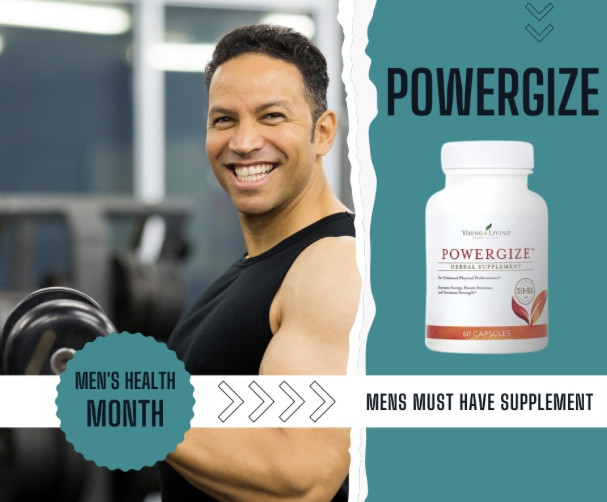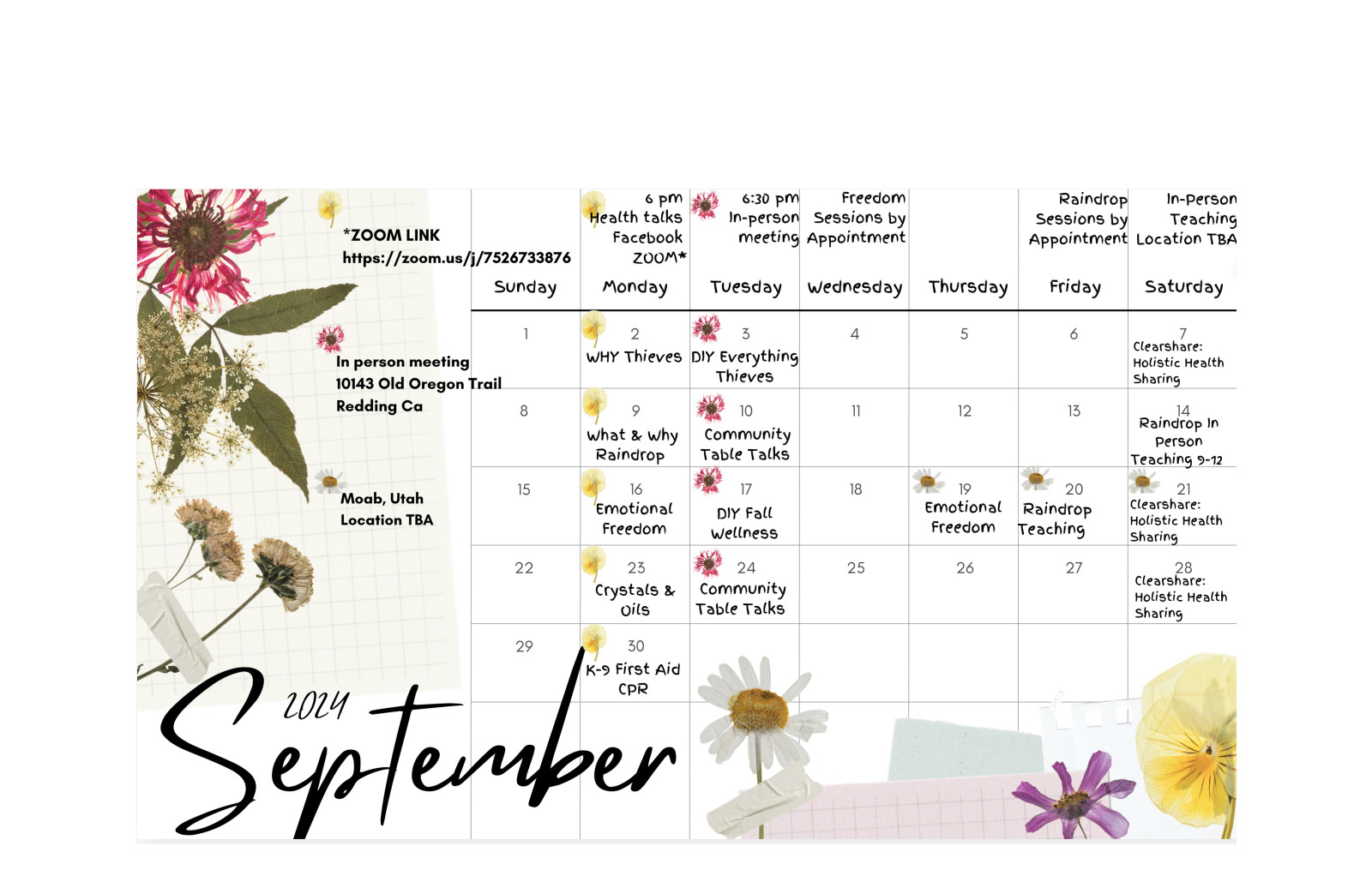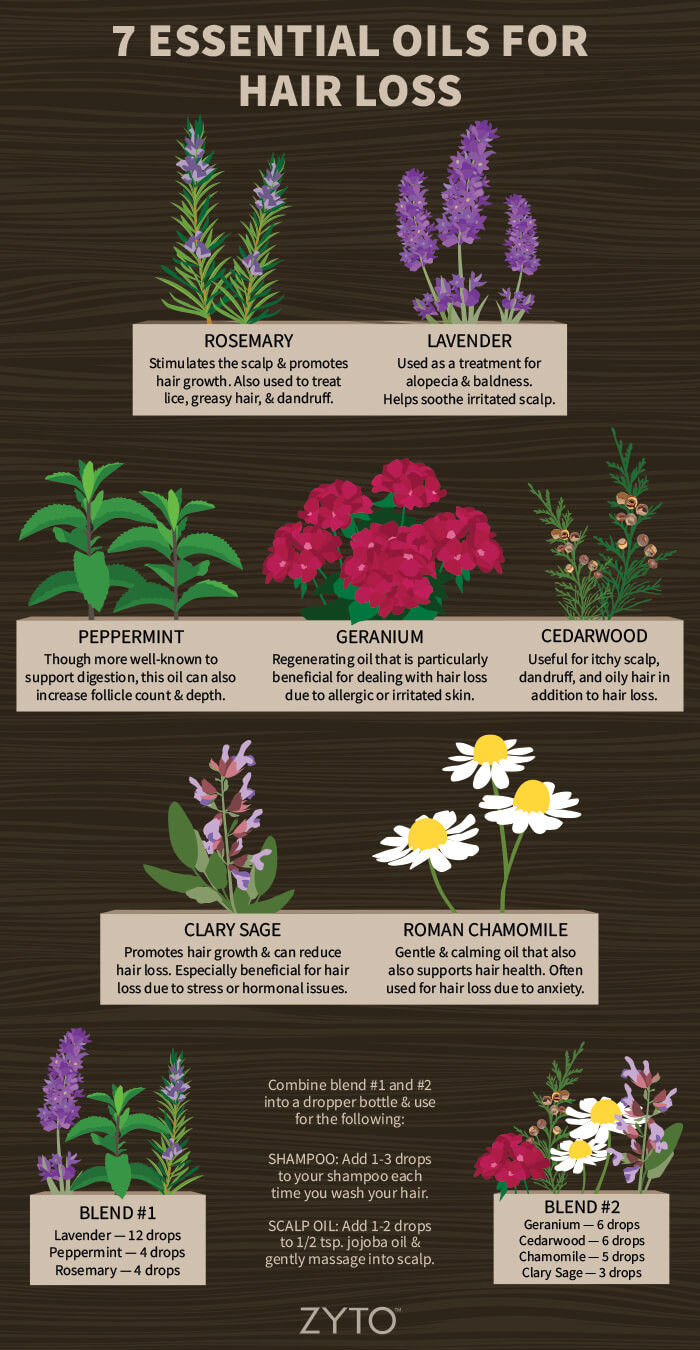In our fast-paced, modern world, maintaining optimal health can be challenging. Despite best efforts to eat balanced diets and exercise regularly, many of us still fall short in essential nutrients. Supplements become vital tools in bridging these gaps. Here's why they might be crucial for your health today.
### **1. Modern Diets Are Nutrient-Depleted**
Our food system changes significantly over the decades. Industrial farming practices and the prevalence of processed foods lead to soil depletion and nutrient loss. According to a 2023 study published in Nutrients, modern fruits and vegetables contain fewer vitamins and minerals than those from past generations due to changes in agricultural methods and soil quality [1].
**Supplement Solution:** Daily multivitamins or specific supplements help fill these nutritional gaps. For instance, supplements of Vitamin D, Vitamin B12, and Omega-3 fatty acids are commonly recommended to ensure you're getting what you might be missing.
### **2. Increased Nutrient Needs Due to Stress**
Today's lifestyle involves higher levels of stress, which depletes essential nutrients in the body. Chronic stress affects the absorption and utilization of vitamins and minerals, particularly Vitamin C, magnesium, and zinc [2]. As stress becomes a common aspect of modern life, ensuring you have adequate levels of these nutrients is crucial.
**Supplement Solution:** Adaptogenic herbs and supplements like magnesium, Vitamin C, and zinc help manage stress and maintain overall health. Adaptogens such as ashwagandha and Rhodiola gain attention for their stress-reducing properties [3].
### **3. Environmental Factors and Toxins**
Exposure to environmental toxins—from pollution to chemicals in food and personal care products—affects nutrient absorption and increases the need for antioxidants. A 2024 review in Environmental Health Perspectives highlights that pollution leads to oxidative stress, which accelerates the depletion of antioxidants in the body [4].
**Supplement Solution:** Antioxidant supplements, including Vitamin E, Vitamin C, and selenium, help combat oxidative stress and support overall health.
### **4. Increased Screen Time and Its Effects**
The rise in screen time, driven by work and leisure activities, leads to increased digital eye strain and potential deficiencies in essential nutrients. Studies, like one from the Journal of Occupational Health in 2023, suggest that prolonged screen exposure may contribute to deficiencies in Vitamin A and Omega-3 fatty acids, which are critical for eye health [5].
**Supplement Solution:** To support eye health, consider supplements containing Lutein and Zeaxanthin, which are beneficial for eye function and may help mitigate the effects of prolonged screen use.
### **5. Aging and Nutrient Absorption**
As we age, our bodies become less efficient at absorbing nutrients. A study from the Journal of Gerontology in 2024 finds that older adults often struggle with deficiencies in Vitamin B12, calcium, and Vitamin D, all of which are crucial for maintaining bone health and overall vitality [6].
**Supplement Solution:** Older adults might benefit from supplements tailored to age-related needs, such as Vitamin B12, calcium, and Vitamin D, to support bone density and overall well-being.
### **Conclusion**
While it's always best to obtain nutrients from a varied and balanced diet, supplements play a significant role in addressing modern health challenges. With environmental factors, lifestyle changes, and aging all influencing our nutrient needs, incorporating supplements into your daily routine can help ensure you meet your health goals.
💪 Stay healthy, stay vibrant! 🌞










0 Comments